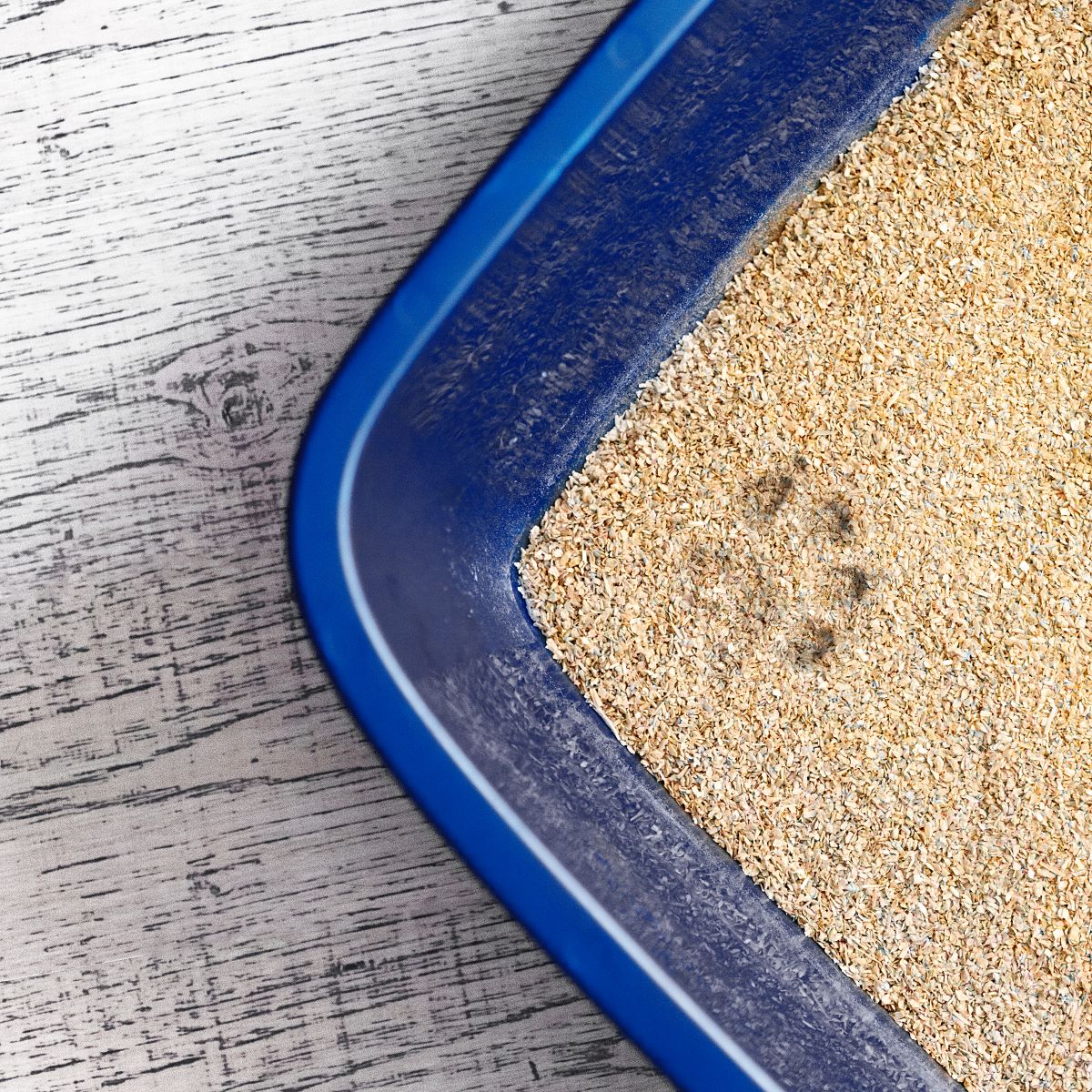How to Extend Your Pet’s Lifespan the Right Way
Source: https://pixabay.com/photos/bulldog-puppy-pet-owner-woman-1846380/
Everyone who owns pets understands the emotional toll of knowing how short a lifespan they can have. With the lifespans of cats averaging 12 to 18 years and dogs averaging 10 to 13 years, we prepare ourselves for a devastating day when we adopt an animal. Even with this average lifespan, it is normal for a pet to die early due to a lack of proper care and attention. With that in mind, here are several ways to extend your pet's lifespan the right way.
1. Balanced Diet
One major factor that people often overlook is a balanced diet. Usually, owners end up accidentally injuring their pet fatally just because it ate something it shouldn’t have. This is why ensuring your pet gets appropriate nutrition for their age, breed, and health condition while avoiding overfeeding is essential.For example, dogs should eat both meat and vegetables, as they are natural carnivores. According to research, they require high protein intake since their bodies cannot produce amino acids on their own. Vegetables and fruits are necessary for vitamins, minerals, and other essential phytonutrients with many health benefits.
Similarly, cats and other pets will have diets that cater to their breed and species. It’s necessary to always be on the lookout for leftover food lying around and make sure your pet doesn’t accidentally eat something they shouldn’t. Knowing what they can and cannot eat is highly important.
2. Vet Visits, Medication and Wellness Products
Scheduling regular check-ups with a trusted vet is essential for preventive care and ensuring your pet is always healthy. This can also help with early detection of potential health issues. Companies like Pure Peak provide tested and safe wellness products. Consider consulting with a veterinarian to find the most suitable medicine, supplement, or CBD product for your pet. These can greatly help with their mental and physical health and well-being.
3. Parasite Prevention
Parasites can be a huge health risk as well as a stressor for pets. External parasites like fleas, ticks, and lice can cause skin irritation, leading to excessive biting. According to research, they can lead to hair loss and disease if left untreated. On the other hand, internal parasites can cause issues like diarrhea, appetite loss, and extreme fatigue.
Deworming is the most efficient preventive measure for parasites, along with various medicines. Vets should be consulted regarding the frequency of deworming, although on average, you should deworm your pets at least a few times a year, while younger animals can require slightly more frequent deworming.
4. Regular Exercise
While it may seem like common knowledge, many owners neglect their pets' physical health solely because they can’t find the time to walk their dog or don’t have the budget to buy a cat tree. Exercise helps lower your pet’s blood pressure, ensures they have healthy bones, and helps your dog excrete in a timely manner so they aren’t constipated or develop urinary tract infections. Apart from physical benefits and requirements, physical exercise also boosts your pet’s mental health and reduces stress, preventing anxiety and depression in them.
5. Love and Attention
Pets can also develop anxiety disorders and abandonment issues. Ensuring that your pet gets its daily dose of love and affection is important to prevent such distress. Giving your dog his daily affirmation and letting your cat cuddle with you will boost your pet’s and your mental health. Ensure your pet doesn’t feel lonely and spends much time with them! To make sure you never accidentally neglect your pet, you can try several ways and routines;
- Run errands with them: take them with you when you go grocery shopping.
- Dedicate playtime: if you’re a busy person, make playtime a part of your and your pet’s routine so you never miss out on it.
- Grooming: rather than dropping your pet off to a vet, make grooming a habit of your own. This will ensure you spend time with them and save you money too.
Endnote
Everyone wants their pet to live a long and healthy life. The owner’s knowledge and understanding of their furry friend is the first and foremost thing that will extend the pet’s lifespan or ensure that they live a long and healthy life. This is why frequently learning and updating your knowledge can be beneficial and save you the risk of losing a dear friend too soon.











 email us
email us